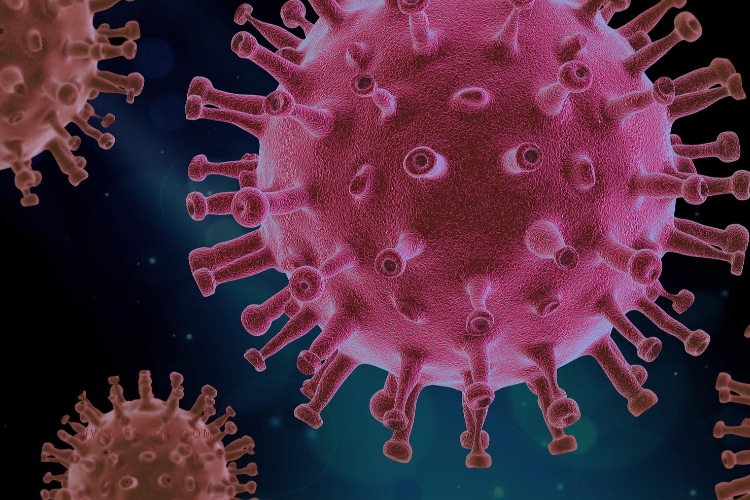
How to Clean Your Groceries During the COVID-19 Outbreak
Regardless of social distancing rules, everybody needs to eat. That means ordering delivery if you have the additional money for fees, or gloving up and heading to the market. Understandably, this can cause considerable stress during uncertain times.
When you do need to head out, you can stay safe by following the practices below. Washing your food can give you significant peace of mind and keep your family healthier.
Table of Contents
1. Follow Social Distancing Rules
Don’t feel shy about politely asking people to respect your space. While you can’t force others to wear a mask or gloves, you can ask them to stay back 6 feet if they crowd you in line. Some places have implemented fines, and you could save someone money by reminding them that they must obey the rules.
2. Carry Hand Sanitizer
You should use hand sanitizer before and after visiting the store. While some jurisdictions have instructed businesses to supply these products, you shouldn’t rely on their reserves. It’s a wise idea to carry a pack of wipes and a small bottle with you. Use it before you enter the store and before you touch your vehicle after you exit it.
3. Wear a Mask and Gloves
Even if your jurisdiction doesn’t require them, it’s smart for you to wear a mask and gloves. The COVID-19 virus travels through respiratory droplets, and they can thrive on surfaces for hours or even days. Gloves and masks won’t protect you if you touch your face indiscriminately, so practice a hands-off policy when you visit.
4. Avoid Touching Multiple Products
Since the coronavirus can live on surfaces for hours, you should avoid picking up products to inspect them before putting them back. If you must read labels carefully due to dietary restrictions, try to research items online before heading to the store. That way, you won’t have to physically touch them to make sure they are safe for you to consume.
5. Use Self-Checkout and Touchless Payments
If possible, reduce risk to both yourself and the cashier by opting to self-checkout whenever you have the option to do so. You should also use cashless and cardless methods like Apple Pay whenever possible. Your credit cards can pick up a ton of germs, so if you must use these forms of payment, wipe them down with disinfectant to protect yourself and others.
What to Do if You Order Delivery
If you have the means, you can also order delivery during this time. While it is more expensive, you will pay for that convenience. Services like Instacart have implemented safety measures to minimize contact with your goods and personnel alike.
If you have severe concerns about coronavirus, you can wipe your products down or establish a safe space to let them sit for at least 72 hours before putting them away. This wait time should present ample opportunity for the virus to die. Wipe down all your groceries with a disinfectant when you bring them in, and transfer all products to clean containers before you store them.
Common Sense Practices
Some food safety practices apply even when a pandemic isn’t sweeping the nation. Perform the following measures as standard:
- Wash all vegetables thoroughly: You can rinse soft vegetables, like lettuce, under running water for 20-30 seconds. If you prepare stiffer veggies, like potatoes and carrots, you can give them a light brush as well.
- Cook all food thoroughly: Improperly cooked meals can lead to gastrointestinal upset, which may land you in the hospital. Since that is the last place you want to be right now, take extra care to test the temperature of your chicken to make sure it reaches 165 degrees, for example.
Stay Food-Safe During the COVID-19 Pandemic
Practicing proper food safety practices has never been more vital. Take a few extra measures to ensure greater peace of mind in uncertain times.






